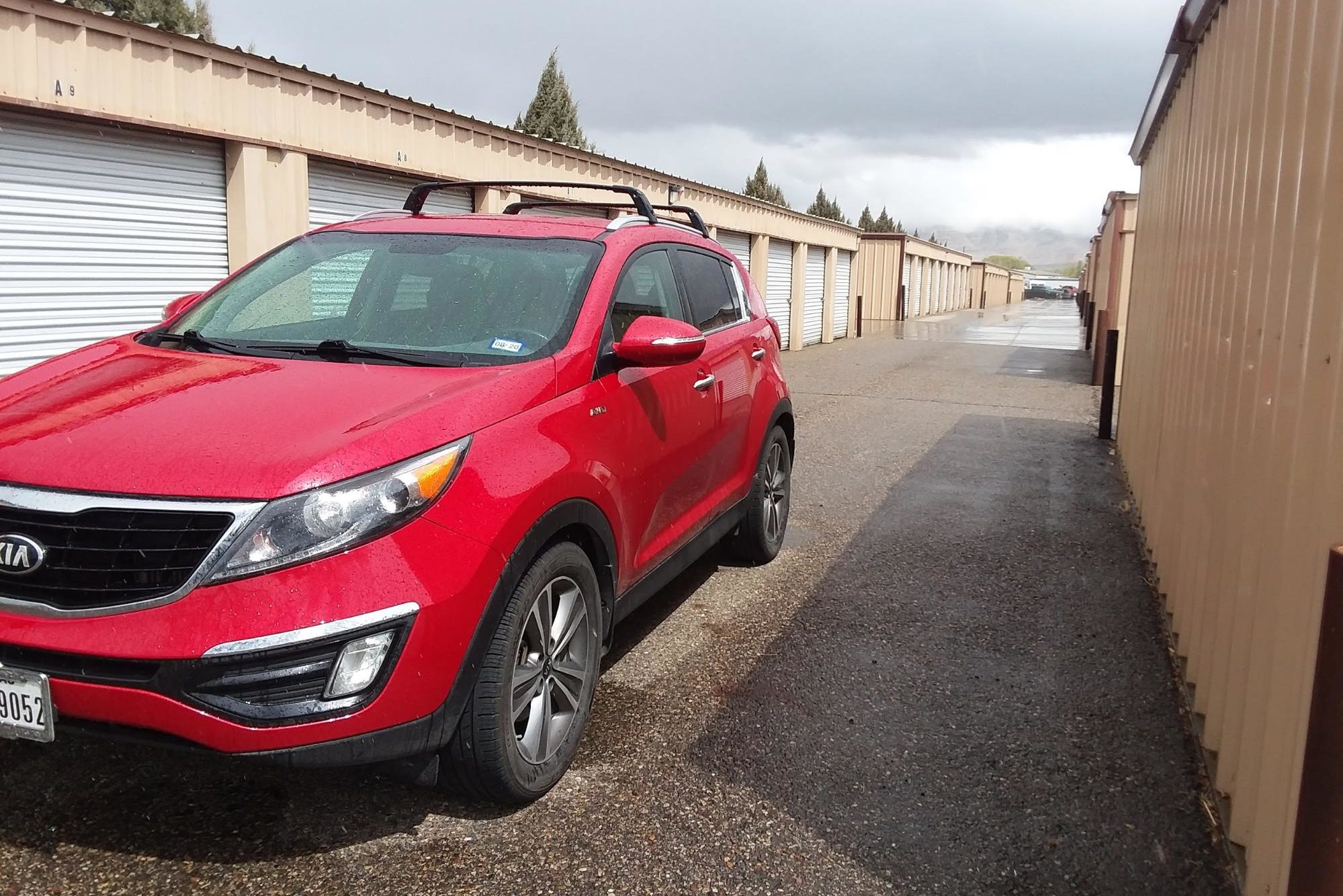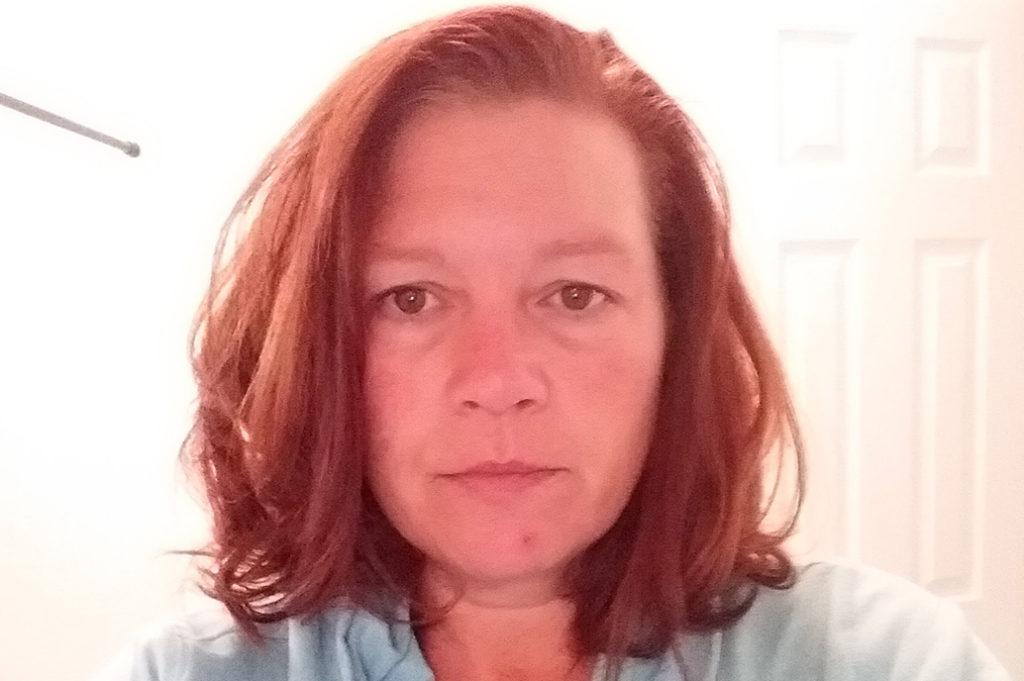
The self-storage yard was desolately empty when Dawna Numbers arrived at 1:30 p.m. on Thursday. The rain had paused, so she moved quickly to load her car for the trip from Grand Junction to Denver.
Numbers, 48, grabbed a few sets of clothing in plastic bags. She left her washer and dryer, her coffee table and the tables and bed that her father had made before he died. She’d be back for them eventually, but she didn’t know when. With no money for rent, she was headed for her mother’s Front Range house.
It was almost too much — the long drive and the weeks ahead.
“I think the lack of sleep the last few days has finally caught up with me, all the worry and unknown, and I'm just getting started,” she said.

Numbers had been out of work since March 25, when the coronavirus outbreak eliminated her nightshift job at a fishing-line factory in Grand Junction. Her unemployment payments hadn’t started yet. The state unemployment office had been slammed with more than 230,000 new claims in the last month, a record-breaking surge that slowed services to a crawl. And now everything had come to a head for Numbers.
The previous week, she’d learned that her chihuahua has pancreatitis, a serious illness. For one terrifying hour, Numbers desperately tried to scrape together money for a pricey but urgent treatment at the vet’s office.
A friend covered the cost, saving the dog. But now Numbers would have to leave Marley with a friend.
“I love my dog. I've had him for 10 years and I would do anything I could. So this is heartbreaking,” she said. She’s living on her own for the first time in years, she said, after her husband told her to leave their home in Texas.
Explore More Colorado COVID Diaries
She’d taken the night job so she could attend physical therapy appointments during the day and get back on her feet. She’s worked in the past as a utility locator, a caregiver and a Lyft driver. Now, she had no idea what was next. Many employers are shut down, and she can’t afford the Colorado plates needed to drive for Lyft.
“I'm just trying to figure out what's next, and what I need to do to start taking care of me and somehow take care of my dog,” she’d said earlier, watching the rain outside her car at 10 a.m.
The storm poured on for hours.
“I've never just felt so alone,” she said. Maybe this crisis would bring out something better in people, she hoped. Maybe she’d have better luck in Denver.
By 4:30 p.m., she could at least count some successes. She’d reached the unemployment office after hundreds of calls over many days and hoped to get her money soon. She was mostly packed. She was one day closer to leaving this place. Still, it didn’t feel like enough.
“I'm kind of lost,” she said.
Hours later, as the day drew to a close, Numbers thought of all she’d seen and heard — the closed businesses, the eerie streets, but also the kind gestures of acquaintances.
“We just need to do the best we can and hopefully this ends soon and somehow we can go back to some kind of normal life,” she said, “or hopefully better than it was before.”
This story is part of a statewide reporting project with more than 20 newsrooms led by the Colorado News Collaborative to document a day in the life of Colorado on Thursday, April 16.









